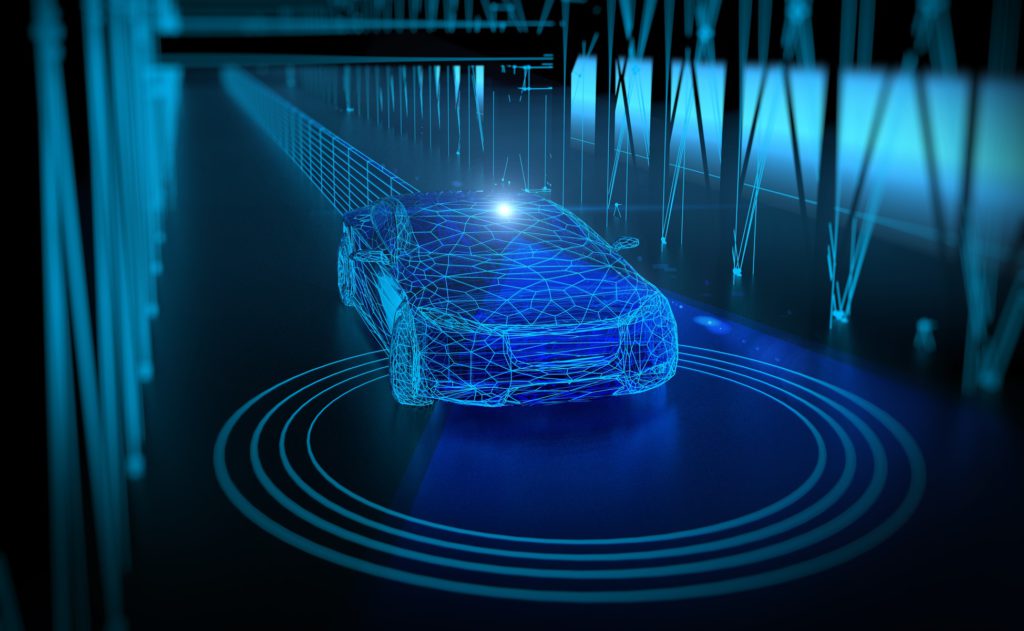Waymo to instil consumer confidence in autonomous driving as Delphi expands through acquisition
01 November 2017

01 November 2017
Google-owned Waymo has shown its first attempt at a user interface for autonomous vehicles designed to reassure users who may be wary of giving control of their car to a computer.
Manufacturers are increasingly moving towards autonomous vehicle technology, with development running alongside electrification projects as a sign of the future of the industry. However, while car makers remain confident in the plans, consumers are yet to warm to the idea of a vehicle in which they have no control. Therefore, companies working on the technology need to develop ways to assure users that they are in a safe and comfortable environment.
Waymo recently showed reporters around Castle, its private testing facility, highlighting the progress it has made in developing autonomous vehicle technology. While it carries on apace, the company also acknowledges that further development is needed in user interfaces.
′A sense of control is critical,’ said Juliet Rothenberg head of user experience at the company, once under Google control and now a sister company under the Alphabet umbrella.
In its latest test vehicle, passengers can press buttons to start the ride, pull over, and lock or unlock the doors. A help button connects passengers to a Waymo control centre where human operators are ready to provide information or reassurance. A passenger screen also turns the data coming through the sensors into a simplified representation of the main objects in front of and around the car, such as pedestrians, cyclists and other vehicles. This information also includes speed and location, as well as a running commentary of messages such as ′yielding to pedestrians’ and ′looking for a spot to pull over’ to add reassurance.
Meanwhile, automotive supplier Delphi has pushed on with its own plans to develop autonomous technology, with the announcement that it will acquire software start-up nuTonomy. The move gives Delphi access to 70 engineers and scientists, doubling its existing research team for the technology. In addition, nuTonomy robo-taxi fleets will help accelerate road-testing planned by the company, while together with Lyft, the start-up is developing vehicle-to-passenger information systems for autonomous vehicles. That relationship will give Delphi access to the fast-growing ride-hailing market.
Delphi’s President and Chief Executive Officer, Kevin Clark comments: ′The combination of the nuTonomy and [recently acquired software developer] Ottomatika autonomous driving teams, along with Delphi’s portfolio of perception systems and smart vehicle architecture solutions, further enhances our competitive position as the industry’s most formidable provider of autonomous mobility solutions. This transaction is another example of our ongoing dedication to developing, implementing, and commercializing the highest performing and safest autonomous system available.’
nuTonomy has already announced plans to partner with PSA Group to develop autonomous drive systems for its vehicles.